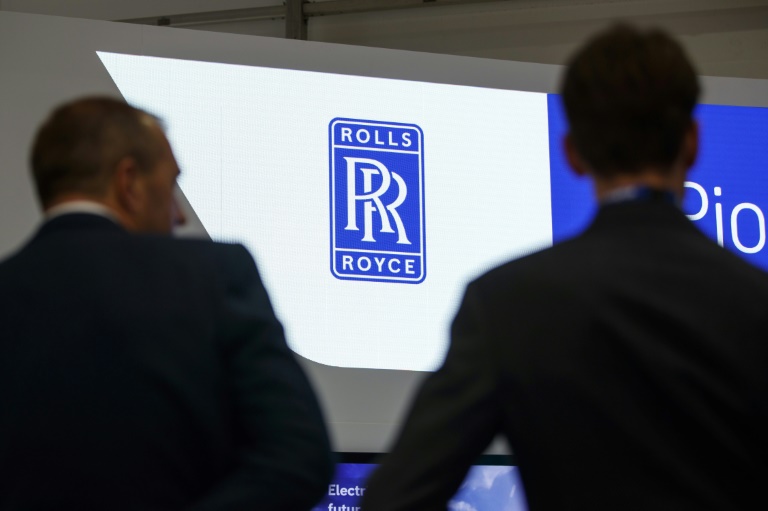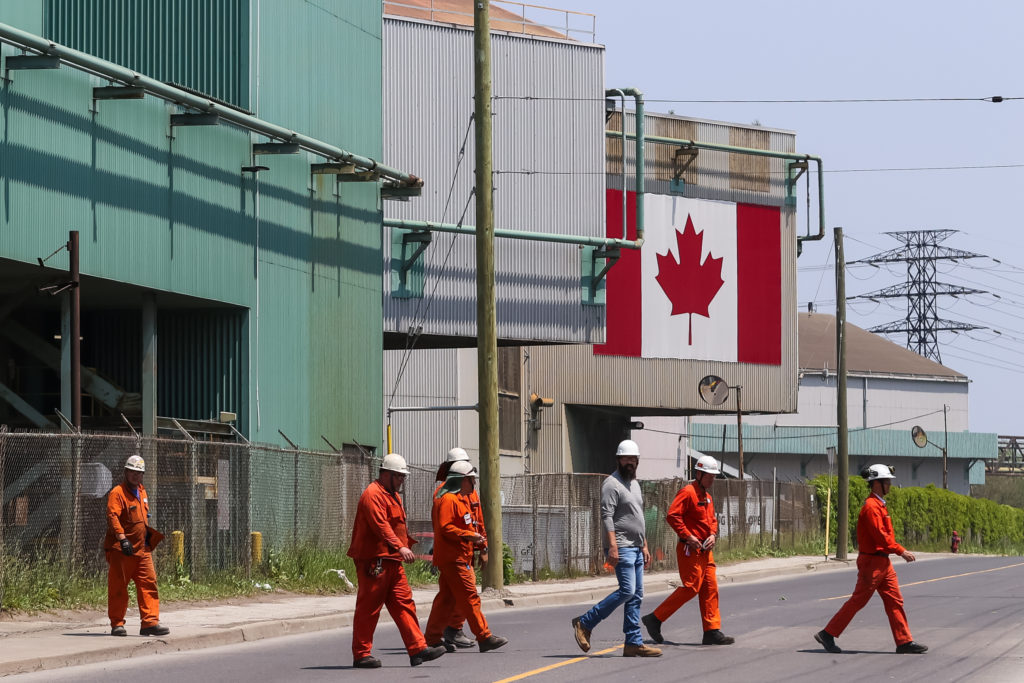UK aircraft engine maker Rolls-Royce on Tuesday launched plans to build small low-cost nuclear reactors to help cut the nation’s carbon emissions.
The news comes as Britain pushes ahead with large-scale projects, including Hinkley Point C which will be the nation’s first new nuclear plant for a generation.
Rolls-Royce said it had created a new Small Modular Reactor (SMR) division after clinching a cash injection of £405 million ($547 million, 473 million euros).
SMR reactors are far cheaper to build than large-scale nuclear plants because the vast majority of manufacturing and assembly is done in a factory, before transporting to the site.
“Today’s announcement is another step towards the delivery of the government’s net zero strategy,” Rolls added in a statement.
Environmental groups, however, said the UK should invest in renewable technologies instead.
The British government, currently hosting the UN climate change summit in Glasgow, aims to reach net zero carbon by 2050 with the help of nuclear.
Rolls-Royce, BNF Resources and Exelon Generation will together invest £195 million over three years alongside a £210-million state grant, the group added in a statement.
“The SMR programme is one of the ways that Rolls-Royce is meeting the need to ensure the UK continues to develop innovative ways to tackle the global threat of climate change,” said chief executive Warren East.
“With the Rolls-Royce SMR technology, we have developed a clean energy solution.”
The London-listed engineering giant hopes the new business could create up to 40,000 jobs by 2050.
Britain’s Business and Energy Secretary Kwasi Kwarteng described the news as a “once in a lifetime opportunity” to “deploy more low carbon energy ..
and ensure greater energy independence”.
The development would “bring clean electricity to people’s homes and cut our already-dwindling use of volatile fossil fuels even further”, he said.
Pressure group Greenpeace countered that renewable energy was a “safer bet” to meet climate goals.
“Small modular reactors were supposed to get around the flaws of the larger models but they don’t,” said Greenpeace UK’s chief scientist Doug Parr.
“They are still more expensive than renewable technologies, there’s still no solution to dispose of the radioactive waste they leave behind, and no consensus on where they should be located.”
Friends of the Earth said renewable resources were “woefully under-funded” in last month’s government spending review.
“Government support and funding should be aimed at developing the UK’s substantial renewable resources, such as offshore wind, tidal and solar, and boosting measures to help householders cut energy waste,” it said.
Britain’s nuclear power plants built in the last century have either closed or are coming to the end of their lifespan.
The Hinkley Point scheme in southwest England, the only nuclear project under construction, is due to be completed in 2025.
The UK government wants to maintain the 20 percent of electricity it generates from nuclear power to help meet its pledge to reduce carbon emissions to net zero by mid-century and tackle climate change.









